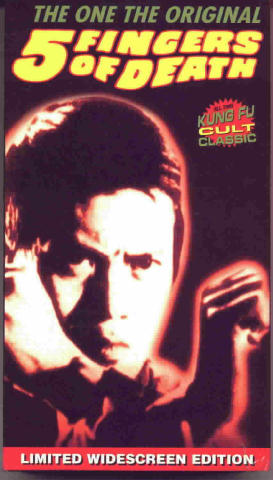
He needs money to pay her medical bills (and to feed her gambling habit - futures betting on violent conflicts around the world). Monty’s wife is dying from an infection that requires a lung transplant.

So this is Moody uncorked, slyly going back to the wordy, toothsome, 19th century novel, with a science-fiction twist. Monty may write short but talks long: “efore beginning,” he tells those at a reading, “I think we need to observe a silence for a couple of minutes, so that you can hear my sentences arising from out of a doomed, hushed, forlorn historical moment, and together we remember how language replies always to the nothingness, how the utterance is a pure thing, a pure, uh, musical production, faced with, you know, the thundercloud of human failure sweeping down from the mountains and over the desert.” Ouch, right in the gonads.) Monty writes one-sentence novels pared to perfection. (It is like Moody to present us with a world in which the first thing to go is the integrity of baseball. Montese Crandall sells baseball cards at a flea market sometime in the 21st century, specializing in cards featuring players with robotically enhanced limbs.

Description is not what weighs down this 730-page, root-bound novel. He writes like a true autodidact who believes enough in his own instincts not to spend too much time on research. He is cinematic an imagination fed by images is different than one fed by stories. You rounded up the cattle, moved to the next landscape. Moody is cynical, in a cowboy sort of way. After all, we have to imagine our future before we can create it. Writers who shed good light on the nature of the chains give us a leg up toward freedom. We are all products of our time, chained to it, but he is too much a product of his time (don’t preach, less is more) to actually tell us what to do, or get hysterical about love, or sentimental about the past, a past, any past. He has described - in four previous novels, two story collections, a collection of novellas and a memoir - exactly what it might be like to grow up on planet Earth in the late 20th and early 21st centuries: broken promises, broken relationships, great hopes for technology and the quickening devastation of beauty.

Rick Moody grew up on a nutritious diet of Pynchon, Vonnegut (to whom this book is dedicated), Roth and Updike, some Melville and Hawthorne for New England-style moralizing, a pinch of Carlos Castaneda for spice and a good helping of the Bible (comfort food, the cassava of Western culture).


 0 kommentar(er)
0 kommentar(er)
